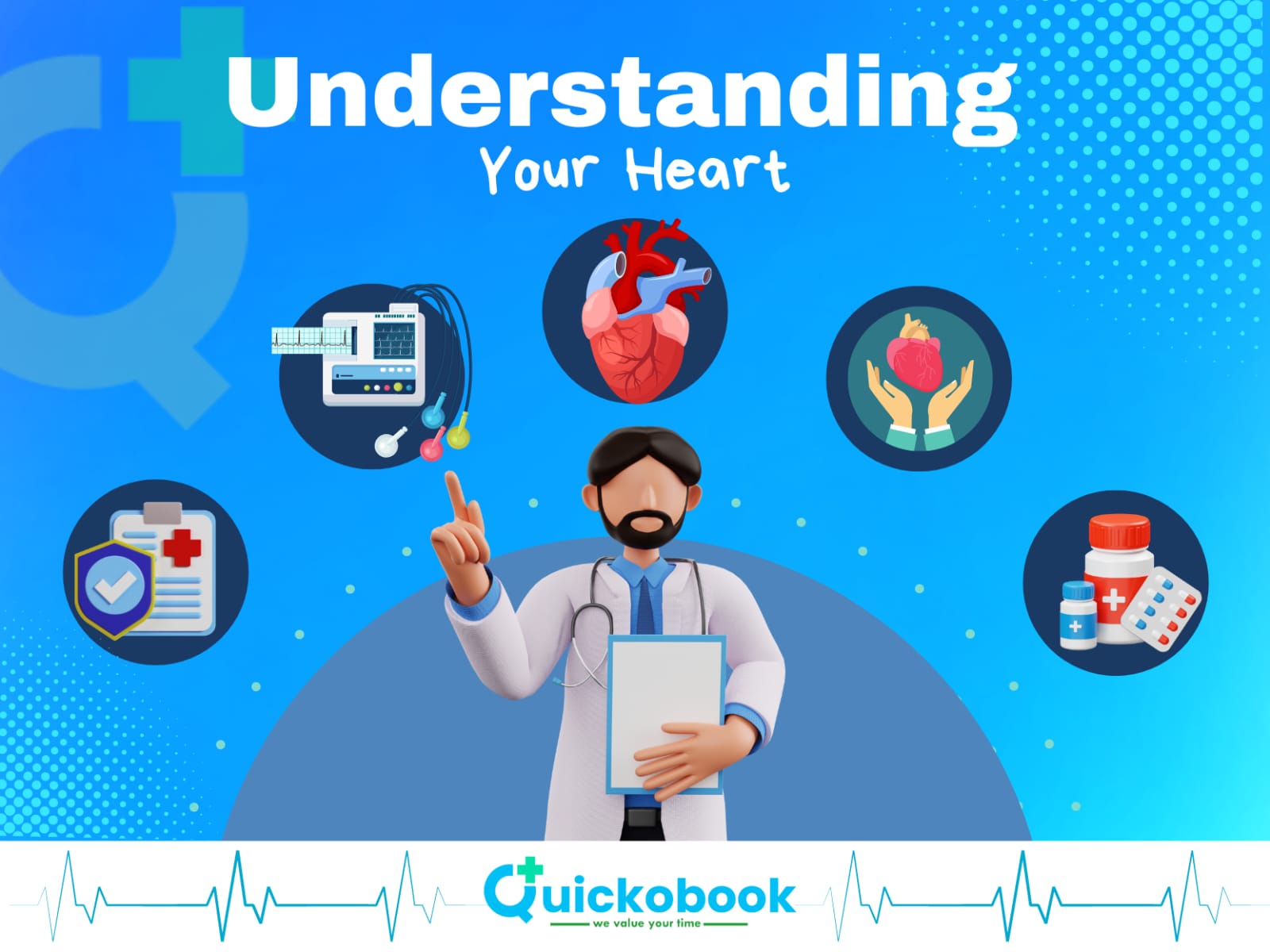Understand Your Heart
A healthy heart is central to overall good health. Embracing a healthy lifestyle at any age can prevent heart disease and lower your risk for a heart attack or stroke. You are never too old or too young to begin taking care of your heart. True, the younger you begin making healthy choices, the longer you can reap the benefits.
Choosing healthier foods and exercising are two of the best ways to contribute to good heart health. There are additional things you can do to lower your risk for heart disease. Things that put you at higher risk for heart disease include
- Smoking
- High blood pressure
- Obesity
- High cholesterol levels
- Inactivity
- Family history of heart disease
The good news is that it is possible to decrease your risk by making changes in the way you live your life. Even if you have a family history of heart disease, the power of prevention is on your side.
Paths to improve your heart
You are in direct control over many things that can influence your heart health. It’s up to you to choose how seriously you take this responsibility. A healthy diet and lifestyle is the best recipe to prevent cardiovascular disease. Small changes in your lifestyle can add up and make you live longer and healthier. Making positive changes in your lifestyle is not as hard as you think.
If you aren’t sure where to begin, try adding just one healthy aspect to your life for now. As you feel that you are gaining control, try adding another, then another. Pretty soon, you’ll feel empowered instead of overwhelmed.
1. Make healthy food choices
Your diet should consist mainly of fruits, vegetables, whole grains, nuts, and lean proteins. Allowing yourself to eat something you crave from time to time is important. So do not feel guilty about treating yourself as a reward for eating healthy. Just make sure that you aren’t treating yourself too often..
Cut down or even eliminate heavily processed foods. Heavily processed foods are the boxed and packaged foods, especially those that are ready to eat Also, look for foods low in sodium (salt). Remember, canned foods contain a lot of sodium.
Drink water instead of soda and energy drinks. There is an incredible amount of sugar in soda and energy drinks. Drinking water in place of these can significantly impact your health for the better.
2. Watch your weight
Being obese or overweight is not healthy. Your BMI is a measure of your body fat based on your height and weight. The higher your BMI, the higher your risk for high blood pressure, high cholesterol, and high blood sugar levels. Being obese also puts you at risk for breathing problems, gallbladder disease, liver disease, and even cancer.
Making healthy food choices with an exercise program is the best way to lose weight. Even a small amount of weight loss can make a big difference in your health.
3. Be active
The key is just to get up and move. Go for a walk. Take the stairs at work. Do some push-ups or sit-ups or dance. Children should get at least an hour of activity every day.
Aerobic exercise has a direct effect on your heart. Your heart is a muscle and exercise strengthens it. Exercise can lower your risk for developing plaque in your arteries. (Plaque is a waxy substance that can clog arteries and reduce blood flow to your heart.) If plaque builds up too much, it can even block the artery. This is what causes a heart attack.
4. Stop smoking
No new news here. Smoking is bad for you. It causes cancer. It damages your lungs. It’s also terrible for your heart. Smoking increases your risk for heart disease. It damages the lining of your arteries.
If you currently smoke, it’s a great time to stop. There are medicines that can help as well as other “quit smoking” tools such as nicotine gum and patches.
Stop stressing
Everyone deals with stress differently. The way you react to it can directly impact your health. There are breathing exercises that can help you process stress. Meditation has also proven to be an effective way to manage stress. Exercise is also a great way to deal with it.
Things to consider
- Heart attack
A heart attack occurs when blood flow to the heart is blocked. This blockage is caused by a buildup of plaque. During a heart attack, part of the heart muscle is damaged, sometimes destroyed.
Heart attacks can be deadly. If you are having a heart attack, the quicker you get medical care, the more likely you are to survive. Treatment for a heart attack varies.
- Stroke
A stroke occurs when blood supply to the brain is blocked. This can happen when a vein is blocked or when it bursts. The blockage interrupts the delivery of oxygen to the brain, which causes brain cells to die
Strokes can be deadly. If you are having a stroke, the quicker you get medical care, the more likely you are to survive. Also, quick medical care can help prevent side effects of having a stroke. Side effects include temporary or permanent paralysis and speech problems.
When to see a doctor
If you have been diagnosed with heart disease, your doctor will prescribe a treatment plan that includes a healthy lifestyle. It also will likely include prescription medications to help control cholesterol or high blood pressure.
Heart attack symptoms vary in men and women. Regardless, common heart attack signs include
- Chest discomfort
- Pain in one or both arms
- Shortness of breath
- Cold sweat
- Dizziness
- Face drooping
- Speech difficulty









Comments (0)
No comments yet. Be the first to share your thoughts!
Leave a Comment